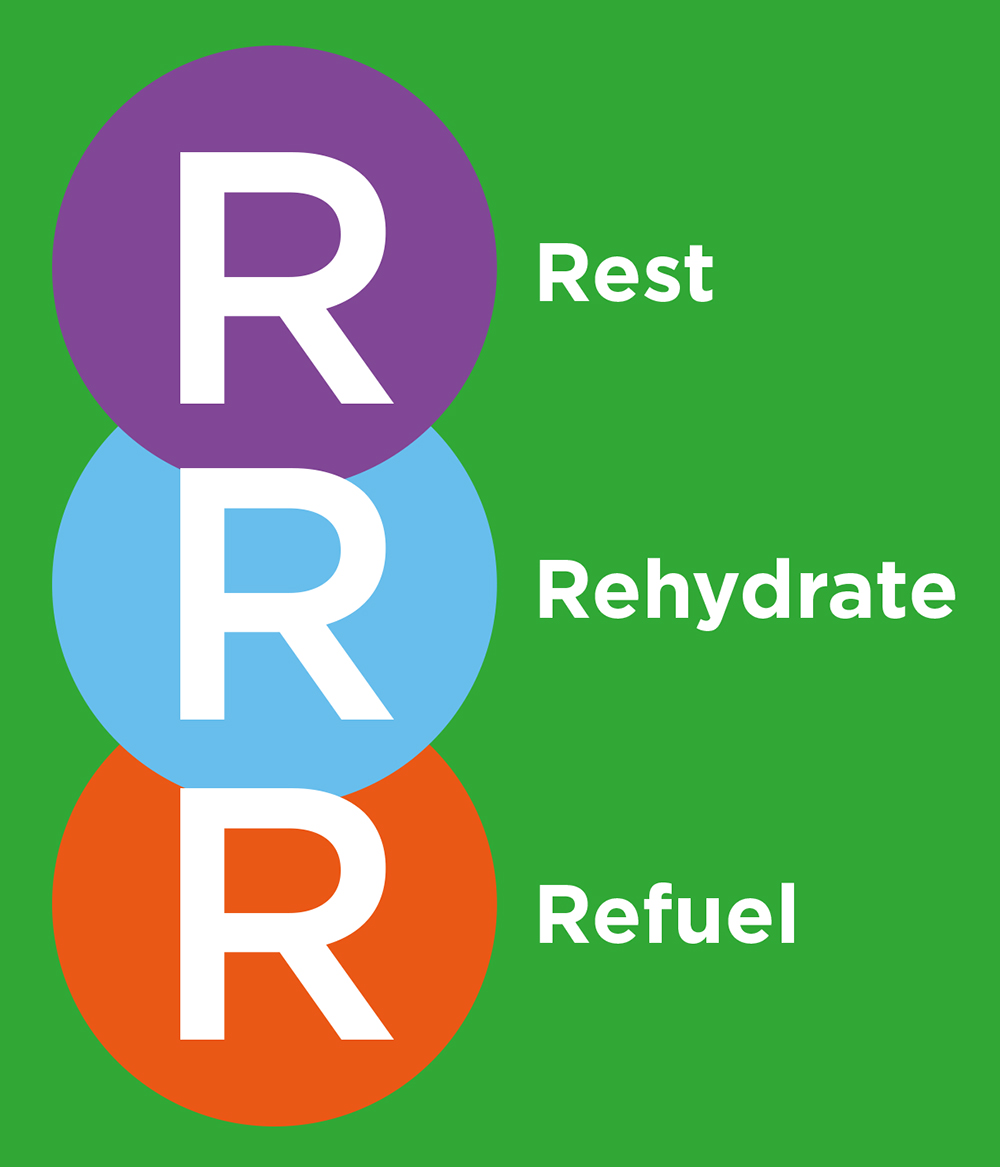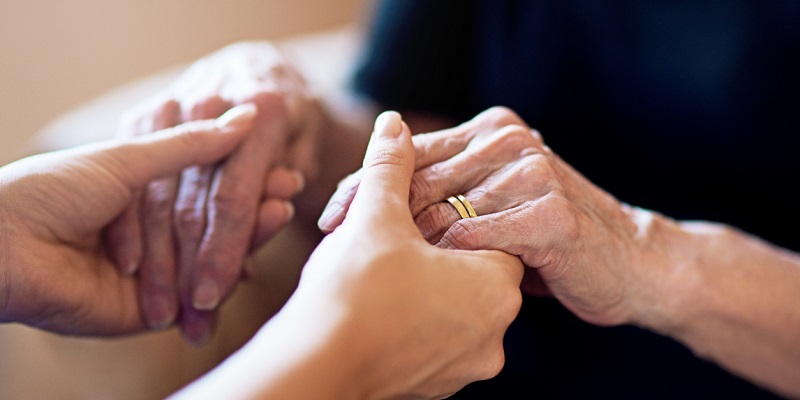Nurses and health care assistants know better than most the importance of adequate fluids and nutrition. They also know the consequences of going without. But some employers, it seems, do not.
At RCN Congress in May delegates will discuss the banning of water bottles in practice settings. This might be less of a problem if staff were guaranteed breaks that allowed sufficient rest and refuelling. But according to Alison Upton of the UK Safety Reps Committee, that is often not the case.
Alison, who will introduce the Congress discussion, says: “In this current climate of low staffing numbers, either due to vacant posts or sickness absence, members are working long hours, often cutting their breaks short or missing them completely.”
She adds: “I’ve witnessed, both as a staff member and as a hospital visitor, staff going without breaks, rushing round looking fatigued.”
Essentials for safety

The Congress agenda item will feed into an RCN campaign designed to make sure nursing staff take the breaks they need to provide quality patient care. The “3Rs” initiative highlights the need to “rest, rehydrate, refuel” and encourages members to think about the consequences of not looking after themselves during shifts.
Those consequences can be serious. Respiratory nurse Gillian Pick crashed her car returning home from a 12-hour shift. Media reports said she had been unable to take a break during the shift and was suffering from low blood sugar.
Denise McLaughlin, who chairs the Safety Reps Committee, believes managers are generally sympathetic to the need for proper breaks. “But increasing numbers of members are saying they’re not allowed to have drinks in patient areas and on the nurses’ station. I think unless there’s a real risk of acute infection in a particular area I can’t see there’s a problem with staff having access to water bottles.”
Missed breaks have become the norm and this is not sustainable
And she points out that under UK law workers are entitled to an uninterrupted 20-minute break if they work more than six hours. “I would hope reps are asking questions of managers at their key committees – what are the statistics in their organisation regarding staff breaks? – and promoting this new RCN 3Rs resource as the tool to use.”
RCN National Officer Kim Sunley says: “It’s great to see the Safety Reps Committee recognising the important issues affecting members. Employers and managers need to recognise that in order to create safe and healthy working environments, nurses should be able to have regular breaks and healthy food during a shift, be that in the community or on a ward. Missed breaks have become the norm and this is not sustainable.”
Encouraging a break culture
Geoffrey Walker, Matron at Poole Hospital Foundation NHS Trust and Chair of the RCN Dorset branch, is setting an example of how to prioritise the wellbeing of staff.

"A senior charge nurse in our emergency department (ED) came up with the idea of staff having individual water bottles with their names on. It would stop us having cups all over the place and, crucially, it would allow people to stay properly hydrated throughout their shift.
"Two years on, the bottles have been very successful and other areas of the hospital are investing in them.
"We encourage staff to sit for a few minutes while they take a drink, so that if they’re not getting their normal break they are at least hydrating.
"The infection risk is minimal. Everyone takes responsibility for their own bottle and keeps it clean.
"All my areas have dedicated staff rooms where people can step off the ward and sit down. It’s easy to say you don’t need a staff room because you can go to the restaurant. But for some the restaurant is five floors down and several hundred yards away. It takes eight or nine minutes to get to and eight or nine to get back.
"You can’t predict the workload in the ED, but I encourage everybody to take their break. And I make sure they don’t work during it because the temptation is to think, 'I’ll just write my report while I’m having a sandwich'. But I say no, you must step back.
Find out more
Visit the 3Rs campaign webpage to download guidance and access workplace posters.
Read next
Let's be sociable - how social media can help further your reach.








